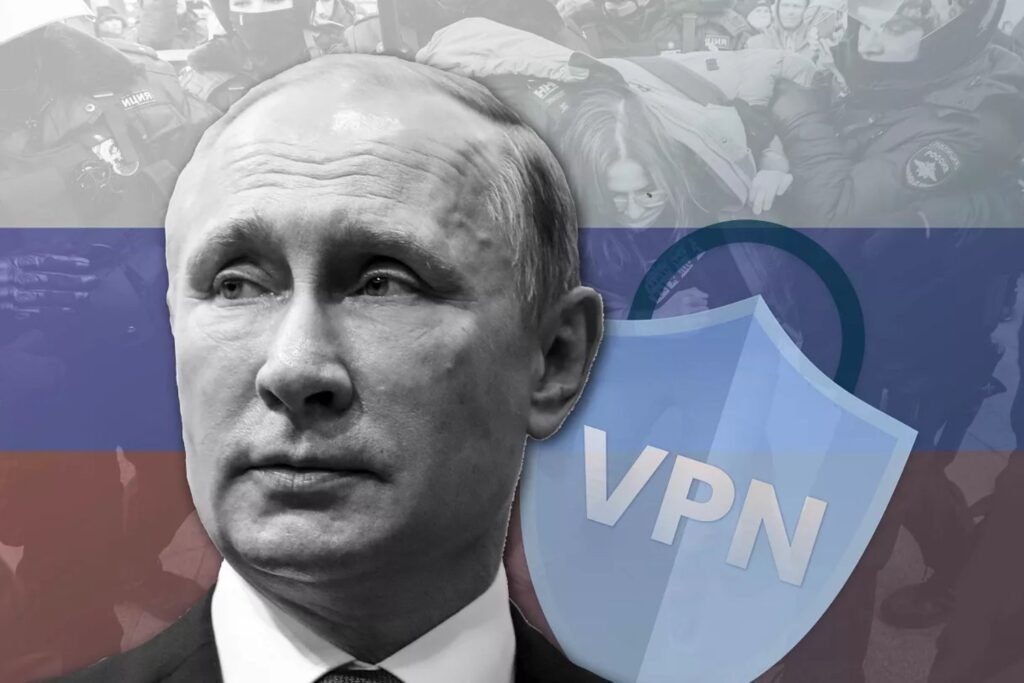Russia’s Progress Towards Full Disconnection from the Global Internet: Implications for the Future of Network Infrastructure

In an experiment that impacted thousands of individuals, Russia has demonstrated its willingness to strengthen its digital supremacy. This raises the question: are we witnessing the emergence of a new era characterized by the fragmentation of the global internet?
The success of the disconnection tests
In regions such as Dagestan, Chechnya, and Ingushetia, residents were completely disconnected from the global internet for a 24-hour period. This blackout rendered essential services like YouTube, Amazon, Google, WhatsApp, and Telegram inaccessible. What is particularly alarming is that even VPN services, typically used to circumvent censorship, failed to function. This trial is part of the implementation of “RuNet,” an independent internet version devised by the Kremlin.
Unprecedented investment
Since 2019, Russia has invested approximately $648 million in the development of its sovereign network. This initiative aims to not only shield the nation from external interference but also establish a system that enables state supervision over communications and dissent. The Institute for the Study of War (ISW) emphasized that the selected regions for these trials, predominantly Muslim-majority areas with a history of instability, were deliberate choices. This approach reflects a calculated strategy to consolidate control in strategic locations.
Implications of a controlled internet
The proposed digital isolation through “RuNet” could have severe repercussions on freedom of expression and information access. With the recent banning of at least 197 VPN services and the pressure exerted on companies like Apple to remove apps from their Russian store, the government is progressing towards a digitally monitored environment. Additionally, experts caution that the next phase could involve the restriction of foreign web hosting services, compelling users and businesses to rely on state-controlled platforms, further restricting citizens’ digital autonomy.
Inspiration from the Chinese model
Russia’s project mirrors China’s “Great Firewall,” renowned for its efficacy in censorship and information control. However, Russia’s capacity to implement a similar nationwide system is still in progress, with uncertainties surrounding its impact on the populace.
A fragmented future for the internet?
The establishment of “RuNet” signals a significant shift towards a fragmented internet, with authoritarian regimes seeking to isolate themselves from the global network. This development could alter not only information access in Russia but also the fundamental structure of the internet worldwide. The success of this experiment underscores the potential threat to the global interconnected internet era. Will “RuNet” serve as a blueprint for other nations aiming to solidify their digital control? Only time will reveal the answer.




